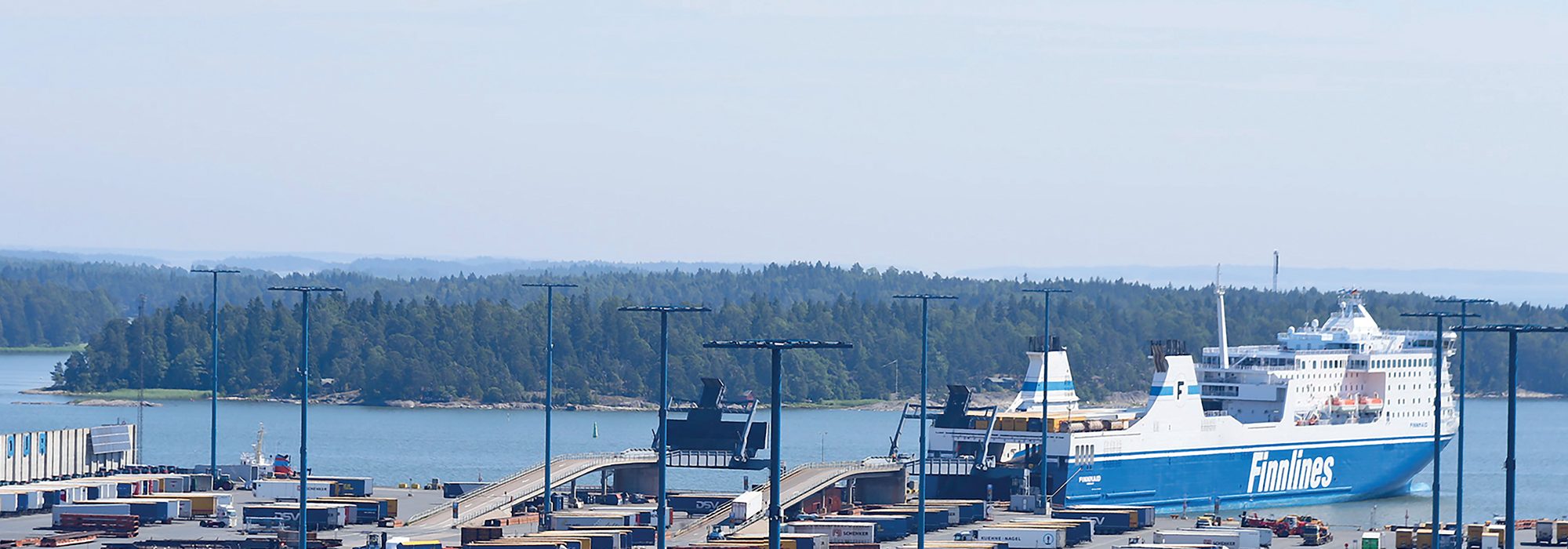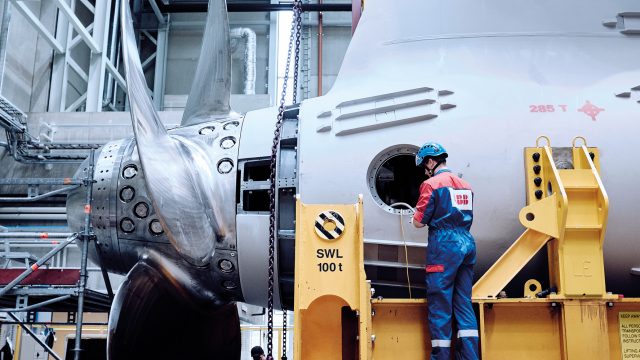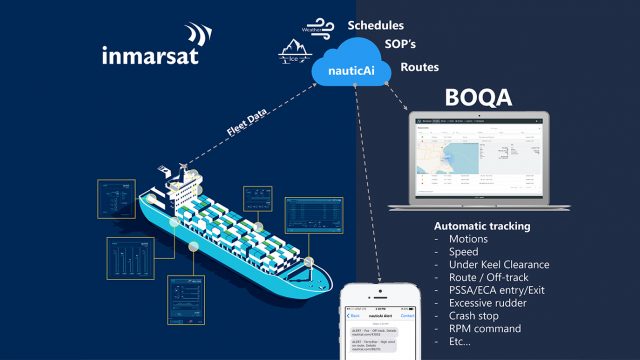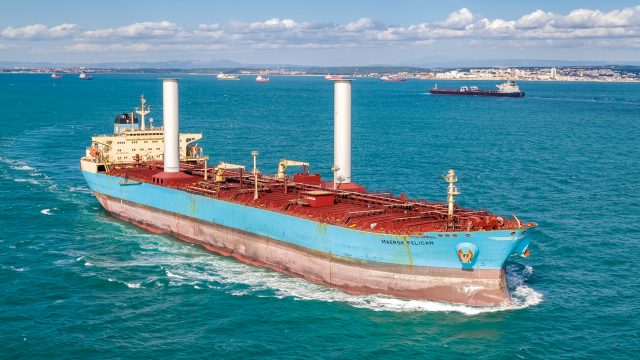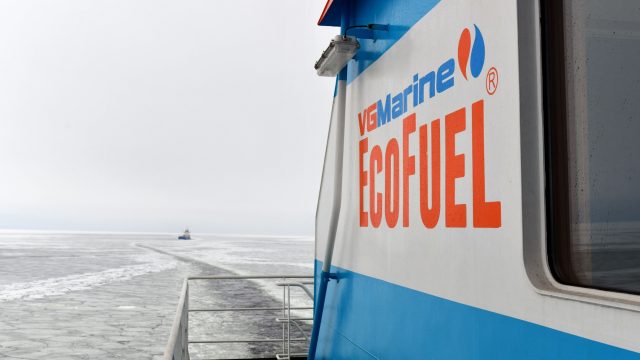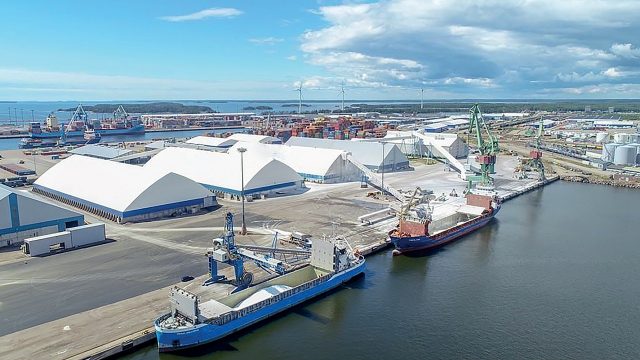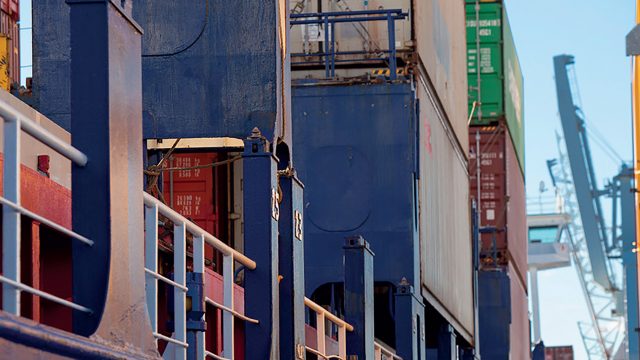Many precautions against the pandemic have taken place and the industry is developing safe and sound measures to keep the economic engines working.
The pandemic situation impacted on international cruise traffic particularly strongly – the whole season 2020 was cancelled in Helsinki. Helsinki has a good number of bookings for the season 2021 as cruise lines have a strong belief in future, as well as safe and responsible travelling.
On April 2019, the Port of Helsinki opened its newest LHD quay to serve cruise ships in Hernesaari. The Port of Helsinki organises waste management for international cruise ships in Helsinki. Every quay has a wastewater reception system through which wastewater is channelled to Helsinki Region Environmental Services Authority (HSY) for treatment. Since 2016 the Port has granted a 20 per cent discount on vessel waste fees for those vessels that leave their wastewater at the port. Otherwise Port of Helsinki has applied a “no special fee”-system for waste waters.
Important crossborder logistics
The Port of Helsinki is the most important first stop port for food and other daily consumer goods in Finland, and its role in ensuring international cargo traffic and Finland’s security of supply is
significant.
Cargo traffic at the Port has been successfully maintained, although the total amount of cargo has in 2020 decreased to a level of roughly 10% lower than previous year. The figures follow quite nearly to those of the national GDP.
On with the spearhead projects
“Our vision is to be the most functional port in the world. Despite the covid-19 we’ve been systematically putting our strategic priority spearhead projects into practice in collaboration with our partners, in both passenger and cargo transport,” says Ville Haapasaari, CEO of the Port of Helsinki. “Alongside developing port infrastructure, we’re strongly focusing on expanding our service business.”
5G services for passengers
The Port of Helsinki and Elisa have made 5G technologies available to ship passengers in Helsinki’s West Harbour. A commercial 5G network was introduced autumn 2019 inside West Terminal 2 and the harbour’s outdoor areas. A suitable model for indoor 5G coverage is also being sought for other Helsinki passenger terminals.
“We’re currently seeking to improve passengers’ mobile connections at terminals in particular. This is a significant opening for us in bringing 5G technol- ogy to more of the Port’s terminals,” says Haapasaari.
Carbon Neutral Port 2035
Port of Helsinki has set up a programme to become a carbon neutral port. The Carbon Neutral Port 2035 programme’s key targets are: the Port of Helsinki’s own operations will be carbon neutral by 2035, emissions from road transport will be reduced by 60 per cent (compared to 2015), and emissions from vessel traffic will be reduced by 25 per cent, that is, almost 20,000 tons of carbon dioxide (compared to 2015).
To meet these challenges, port of Helsinki has built a new shore power station in South Harbour. New ones are already on the planning table for cruise vessels.
Also the use of solar panels is extended. The port is participating many co-operation programmes to meet the needs of the industry.
The Port of Helsinki’s ERP meets ISO 9001, ISO 14001 and ISO 45001 standards. “We have a duty to operate responsibly. We want to succeed over the long term, which means that instead of focusing on baseline performance, we need to be pioneers in sustainable development.
At the same time, we’re encouraging all operators to help us significantly reduce emissions at the port,” says Haapasaari.
The company has had to postpone some of the investments to the coming years.
“However, we have still been able to move forward with the most important investments as planned, including the deepening of the Vuosaari fairway and sustainable development projects, says Haapasaari.”
The Port of Helsinki affects the entire country
The Port of Helsinki has major positive impacts on both the region’s economy and employment in the capital city and its surrounding areas. Functions related to the traffic passing through the port directly employ 9,400 people, with that figure rising to 18,100 when the multiplier impact is taken into account. The Port is a major generator of municipal taxes in the Helsinki region, roughly estimated at about EUR 112.3 million.
When you add the financial impact of the business travelling through the port to the financial impact of the port’s other operations, you get a total financial impact of EUR 4.1 billion and 25,100 person-years.
In addition to its local impacts, the effects of cargo and passenger traffic passing through the Port of Helsinki extend to the entire country, as the Port of Helsinki is Finland’s largest port for general cargo and passenger transport. In terms of tonnage, Helsinki accounts for about half of all the general cargo passing through Finland’s ports.
Helsinki likewise accounts for about 50 per cent of the tonnage of all truck and articulated trailer transport. 32 per cent of container traffic passes through the Port of Helsinki (calculated in terms of TEUs).
An estimated 40–50 per cent of the total value of Finland’s sea transport passes through Helsinki, which translates to about EUR 43–54 billion.

